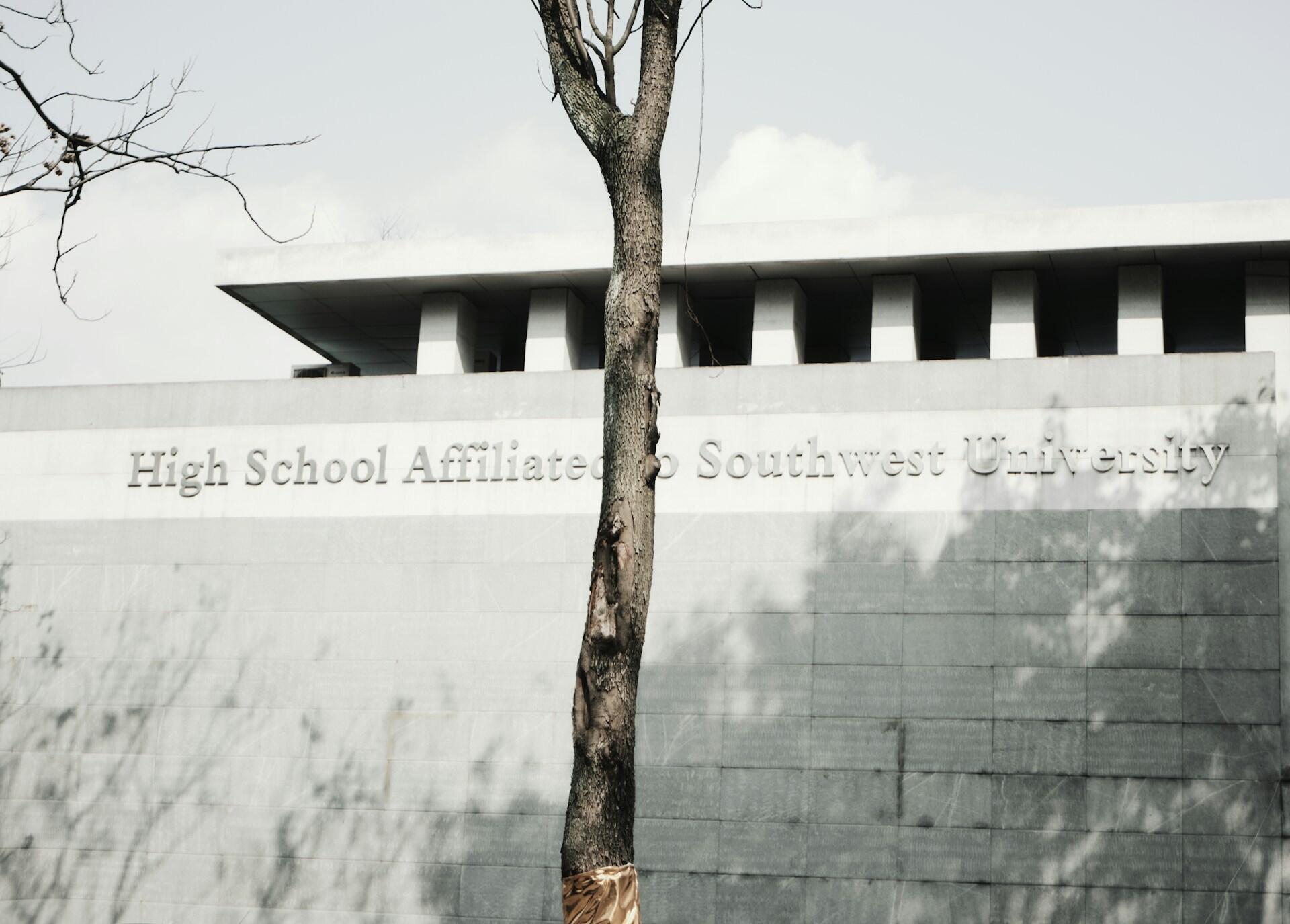Auslan short for Australian Sign Language is the primary sign language used by the Australian Deaf community. It is a visual-gestural language that relies on hand shapes facial expressions body movements and spatial positioning to communicate. Auslan is not a signed version of English. It has its own syntax grammar and idioms making it a fully developed language in its own right!
Auslan is not just about hands; it's about identity, culture, and connection.
Commonly cited within the Deaf community and Deaf Australia
Auslan was developed from British Sign Language (BSL) and Irish Sign Language (ISL) brought over by Deaf immigrants and teachers in the 1800s. Over time it evolved into a distinct language with unique regional dialects across Australia. In 1987, Auslan was officially recognized by the Australian government as a community language. Since then its use has spread into education interpreting services broadcasting and public events!

Where Is Auslan Spoken?
Auslan is used throughout Australia by Deaf individuals and their families, interpreters, educators, and others who engage with the Deaf community. While it is most prominent in urban centers like Sydney, Melbourne, Brisbane, and Perth it is also used in rural and remote areas sometimes with localized signs and variations. Two major dialects exist: the Northern dialect (centered in Sydney and Queensland) and the Southern dialect (used in Victoria South Australia and Western Australia). These dialects differ in vocabulary and some sign formations but remain mutually intelligible.

Government services are increasingly adopting Auslan interpreters as part of their accessibility standards which is helping to normalize the presence of sign language in public life. In healthcare settings and emergency services access to Auslan interpreters is essential for ensuring equal care and communication. The wider presence of Auslan is helping to close the communication gap and challenge outdated assumptions about the Deaf community.
Would you like to read on all the different types of sign language?
The Auslan Alphabet
The Auslan fingerspelling alphabet is based on a two-handed system similar to BSL. Each letter is represented by a specific handshape or a combination of movements between both hands. Fingerspelling is often used for proper nouns acronyms or words that do not have an established sign.
Here is a simplified breakdown:
- A to Z: Each letter has a corresponding two-handed sign. For example the letter "A" is made by placing the index finger of one hand into the palm of the other.
- Double letters: Some letters like "L" and "S" are repeated using a small bouncing motion.
- Learning the Auslan alphabet is a key foundation for beginners especially when trying to spell names or pick up vocabulary on the fly.
Common Auslan Signs
Here are some basic Auslan signs everyone can start with:
- Hello: Wave or a small salute-like gesture
- Thank you: Flat hand from chin outward
- Yes: Fist nodding up and down
- No: Index and middle finger tapped against the thumb
- Please: Open hand moving in a small circle on the chest
- Sorry: Closed fist in a circular motion on the chest
- Help: One hand in a fist resting on the open palm of the other hand then both are lifted slightly
These core signs allow for simple but meaningful interactions and show respect for Deaf culture. Here is a short YouTube video on 40 basic Auslan signs!

Learn Auslan: Getting Started
Learning Auslan can be rewarding and practical whether you are Deaf, hard of hearing, or hearing. Learning Auslan (Australian Sign Language) is a valuable step toward better communication and inclusion. It allows you to connect with Deaf individuals in everyday life, work, or social settings. Starting is simple, join a local class, try online lessons, or begin with fingerspelling practice. No matter your reason, taking the time to learn Auslan can lead to stronger interactions and a deeper respect for those who use it every day. Here is how to get started!

Take a Course
Technical and further education (TAFE) institutions, community centers, and universities across Australia offer Auslan courses ranging from beginner to advanced. These are typically taught by native or fluent signers and focus on conversational skills and Deaf culture.
🏫 TAFE NSW
Certificate II in Auslan: Designed for beginners to learn basic communication and understand Deaf culture. Certificate III in Auslan: Builds on earlier skills with more complex signing and conversation, suitable for those considering interpreting pathways.
🌏 North Metropolitan TAFE (WA)
Offers Certificate II through Diploma in Auslan. Courses focus on building fluency, understanding of grammar and strong engagement with the Deaf community.
🎓 Melbourne Polytechnic (VIC)
Certificate II in Auslan: Entry-level course ideal for everyday communication. Offers Certificate III, IV, and Diploma levels to prepare for roles in interpreting or education.
📚 TAFE SA
Offers a structured Auslan learning pathway starting at Certificate II and progressing through higher levels, with a strong focus on cultural awareness.
🧠 South Regional TAFE (WA)
Auslan Basic Level 1 Short Course: A non-accredited beginner option introducing common signs, facial expressions and cultural context great for personal or community interest.
Don't hesitate to contact them directly for more information on their classes!
Online Platforms
There are many websites that provide free resources, dictionaries, and video examples of signs. Apps like "SignPlanet" or "The Auslan Company" also offer mobile-friendly lessons!
You can also find classes on Superprof's website. Many tutors are available to help you learn Auslan today! One-on-one instruction can fast-track learning. Platforms like Superprof connect students with qualified Auslan tutors who offer personalized lessons in person or online. Superprof also offers courses in ASL, BSL, ISL, LSF and many more sign languages!

Engage with the Deaf Community
Immersive learning is one of the fastest ways to pick up a language. Attend Deaf events, volunteer, or join Auslan social groups to practice in real-life settings. In Australia, you can learn Auslan more effectively by getting involved in real Deaf community spaces. For example, attend Deaf Festival NSW in Sydney or Expression Australia events in Melbourne, where Auslan is used throughout. Join Deaf Connect’s Auslan in the Park meetups or Auslan Hub social nights in Brisbane to practice informally with fluent signers. Volunteering at places like The Deaf Society or WA Deaf Society gives you regular contact with the community while supporting inclusive programs. You can also join online and local Auslan Coffee Chat groups to meet both learners and native users in relaxed, real-world settings.
Auslan vs ASL (American Sign Language)
A common misconception is that all sign languages are universal. In reality Auslan and American Sign Language (ASL) are very different both linguistically and culturally. Despite these differences signers can often communicate through gesture expression and shared international signs especially in global Deaf communities!
Key Differences Auslan vs ASL:
Origin
ASL is derived from French Sign Language while Auslan stems from BSL and ISL
Alphabet
ASL uses a one-handed alphabet whereas Auslan uses a two-handed version
Grammar
Both languages have different grammar rules and sentence structures
Vocabulary
The signs themselves are mostly different even for everyday words
Would you like to know the differences in learning BSL as well?
Why Auslan Matters
Auslan is not just a way to communicate. It is a core part of Deaf identity in Australia. It connects individuals to culture history and community. Promoting Auslan also supports accessibility, inclusion, and equal opportunities for Deaf Australians.

With rising awareness around accessibility and rights for people with disabilities, Auslan interpreters are now a regular presence at press conferences performances and TV broadcasts. This visibility reinforces its importance as a national language.
The promotion of Auslan also encourages hearing people to learn and engage. This builds bridges and removes barriers that have historically separated the Deaf and hearing worlds. Whether through schools, workplaces, or local councils learning Auslan contributes to a stronger more united society. As more Australians become aware of its value the language continues to grow and evolve reflecting the beautiful culture it represents!
Learn Auslan with Superprof
If you are serious about learning Auslan, Superprof is a smart place to start. The platform offers access to experienced Auslan tutors across the world. Whether you are a beginner looking to grasp the basics or an advanced learner aiming for fluency you can find a tutor who matches your pace and learning style. With flexible online and in-person options Superprof makes Auslan accessible for everyone. Students, professionals, and curious learners can all benefit from the guidance of skilled tutors. Start learning today and be part of building a more inclusive Australia!
Are you curious to read on Irish Sign Language?
Summarize with AI:















